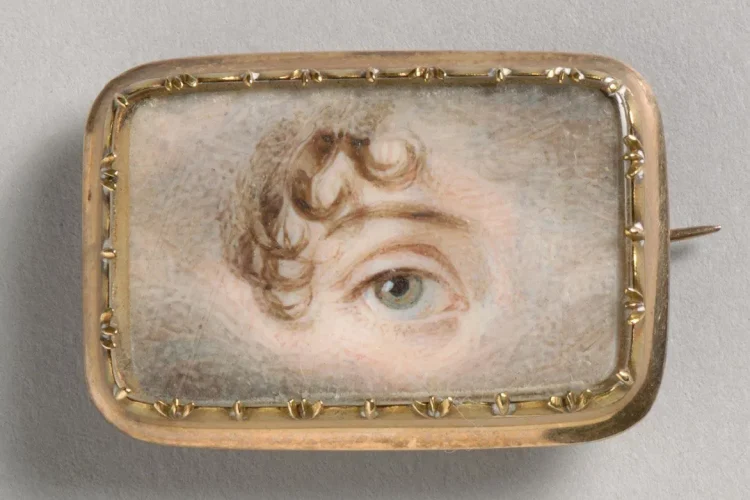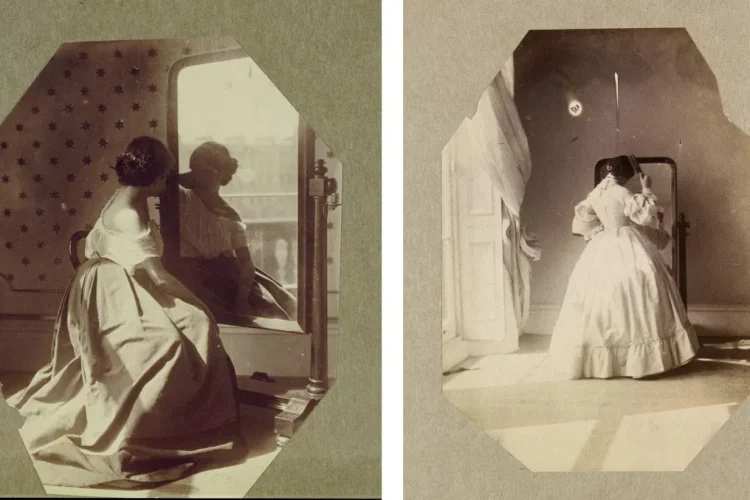Per Son, USA
Lately, I’ve been thinking about the little, thoughtless actions that inevitably nudge us closer to irreversibility. Looking back, I recognize now that I was too neglectful towards others– countless missed check-ins, unreturned messages, and long gaps in between. It is interesting how people hang onto the things we say, however thoughtlessly uttered and never reiterated. Those who are gone present no opportunity for reversibility, but even with those who remain now, how can we begin to disentangle and amend the million little disappointments that now create this insufferable distance? How do we live with the guilt of contributing to someone’s loneliness and sadness? Can we turn back the passage of time and begin anew? Or when do we stop trying and bow and accept the end of a season?
Per Son
DKN:
Dear Per Son,
Thank you for these questions, and the reflections of your experience embedded within them. I felt a strong resonance in much of what you shared and are asking.
First, my immediate response was to offer, extend, and wish gentleness and kindness to yourself, as these “thoughtless actions” weren’t intentional. But I understand, too, the guilt which arises in recognizing retrospectively how one’s inactions and behaviors may have contributed to irreversible situations.
As someone who felt the ongoing guilt of recognizing that my brother was in dire need of help and an intervention in the years leading up to his suicide in 2014, I nonetheless felt powerful to be and also to enact a support system for him. His death was a blow, even if it at times felt inevitable, given the direction things were headed. Shortly after the funeral, my mother stopped herself amid an unexpected laugh, worrying that she should not feel joy since her son had killed himself. I felt much tenderness toward her in that moment, and many forms of sorrow.
It doesn’t feel good to live in guilt, and I don’t find it useful, generally. What I might suggest is to orient yourself toward actions that you can take, however small they might seem. For me, this means being kind to strangers in any space I exist, if I can—even if others are rude or indifferent. I try not to add to the ill will that sometimes circulates in public and private spaces. I try to offer a moment of unstress. And I try to quietly let people know that I do see them, even if for a few minutes.
What you shared here also reminds me of what my spouse has shared with me on occasion. He was recently diagnosed with ADHD as an adult, and he believes one manifestation of his ADHD (and I am in no way suggesting that you have ADHD, but offer this as context for my next suggestion) is the difficulty he has reaching out to good friends. Actually, I think he has a hard time reaching out in any non immediate and work-related arenas: years and decades elapse between writing/calling a best friend, months since connecting with his sisters and mother, all of whom he has good relationships with. And the more time that elapses, the harder it seems to reach out. And so the distance deepens.
It’s not my job to reach out to his family and friends, but I do try little things to help nudge him. For instance, I’ll ask if he could text “Sam” for her new address so I can send a housewarming gift, etc., knowing my spouse is good with tasks. But I fear you weren’t asking me for a concrete example of navigating distance.
How to live with guilt? By revising something in our behavior, no matter how small. One step at a time. Our bodies are the way they are, and it takes a support network to help us be the best versions of ourselves.
In this vein, I’m offering a poem on errancies, in the hope that it resonates.
Doppler Effect
-Arthur SzeStopped in cars, we are waiting to accelerate
along different trajectories. I catch the risingpitch of a train—today one hundred nine people
died in a stampede converging at a bridge;radioactive water trickles underground
toward the Pacific Ocean; nickel and copperparticulates contaminate the Brocade River.
Will this planet sustain ten billion people?Ah, switch it: a spider plant leans toward
a glass door, and six offshoots dangle from it;the more I fingered the clay slab into a bowl,
the more misshapen it became; though I havebotched this, bungled that, the errancies
reveal it would not be better if things happenedjust as I wished; a puffer fish inflates on deck;
a burst of burnt rubber rises from pavement.






